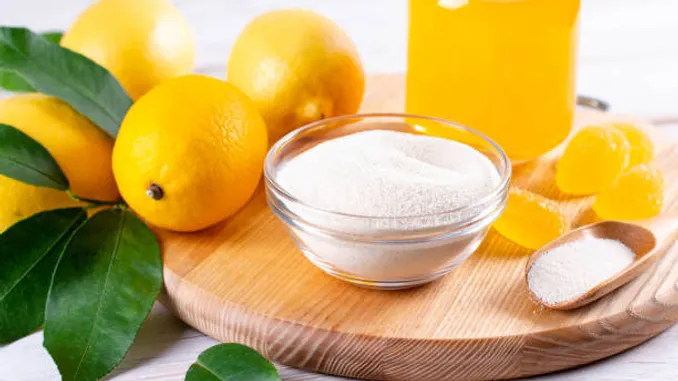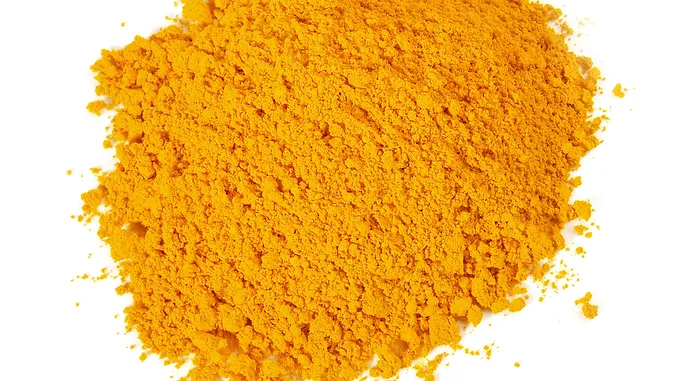
Vitamin E
Vitamin E is a vital fat-soluble vitamin renowned for its antioxidant properties. Among its various forms, alpha-tocopherol stands out as the most biologically active and prevalent in the human body, contributing significantly to overall health.
Antioxidant Properties: Vitamin E acts as a potent antioxidant, safeguarding cells against damage inflicted by free radicals. By neutralizing these unstable molecules, it helps combat aging and mitigate the risk of various diseases.
Immune Function: Supporting the immune system, Vitamin E aids the body in its defense against infections and illnesses, bolstering overall immune function.
Skin Health: Renowned for its skin-nourishing properties, Vitamin E shields skin cells from sun damage and fosters overall skin health, promoting a radiant complexion.
Vision: Alongside other essential nutrients, Vitamin E plays a crucial role in maintaining optimal eyesight, contributing to overall eye health.
Conclusion:
Maintaining a balanced diet rich in vitamin E sources is paramount for overall health. However, before embarking on any supplement regimen, it's prudent to consult a healthcare professional, particularly if you have specific health concerns or are pregnant or nursing.

What is Vitamin C
Vitamin C, also known as ascorbic acid, is a water-soluble vitamin essential for various bodily functions. It is a powerful antioxidant known for its role in supporting the immune system and promoting overall health.
Immune Support: Vitamin C is renowned for bolstering the immune system and potentially reducing the duration and severity of colds.
Skin Health: Vitamin C contributes to collagen production, promoting healthy skin and reducing signs of aging.
Antioxidant Properties: It helps protect cells from oxidative stress and damage.
Conclusion:
A diet rich in vitamin C sources is crucial for maintaining overall health. However, consult a healthcare professional before starting any supplement regimen, especially if you have specific health concerns or are pregnant or nursing.

What is Vitamin B5?
Vitamin B5, also known as pantothenic acid, is an essential water-soluble vitamin crucial for various metabolic functions in the body. It is commonly found in the form of calcium D-pantothenate in dietary supplements and fortified foods.
Energy Production: Supports the body's energy metabolism by aiding in the breakdown of carbohydrates, fats, and proteins.
Stress Management: Contributes to the production of stress-related hormones.
Skin Health: Some topical applications of pantothenic acid are believed to aid in maintaining healthy skin.
Conclusion:
Ensuring a balanced diet that includes sources of vitamin B5 is crucial for overall health. Always consult a healthcare professional before starting any supplement regimen, especially if you have specific health concerns or are pregnant or nursing.

What is Vitamin B1 - Thiamine HCL USP?
Vitamin B1, also known as thiamine, is a water-soluble vitamin essential for the body's metabolism, particularly in converting carbohydrates into energy. As thiamine cannot be stored in the body in large amounts, it needs to be regularly obtained through diet or supplements. Thiamine HCL (hydrochloride) is a common form of thiamine found in supplements, with USP (United States Pharmacopeia) indicating that it meets strict quality, purity, and consistency standards.
Energy Production: Essential for converting carbohydrates into energy, thiamine acts as a coenzyme in metabolic pathways, particularly in the citric acid cycle (Krebs cycle), producing ATP, the body's primary energy currency.
Nervous System Function: Crucial for proper nervous system function, thiamine aids in neurotransmitter synthesis and maintenance of nerve cells.
Heart Health: Necessary for the proper functioning of heart muscles, thiamine helps regulate heartbeat and may support cardiovascular health.
Metabolism of Macronutrients: In addition to carbohydrates, thiamine contributes to the metabolism of proteins and fats.
Brain Function: Adequate thiamine levels are important for cognitive function and overall brain health. Thiamine deficiency can lead to neurological symptoms, such as confusion, memory problems, and nerve damage.
Conclusion:
Thiamine deficiency can occur in individuals with poor dietary intake, alcoholism, certain medical conditions, or after bariatric surgery. Severe deficiency leads to a condition known as beriberi, which affects the nervous system, heart, and muscles. Supplementation with Vitamin B1 can help address these issues, but it's essential to consult with a healthcare professional before starting any new supplement regimen to ensure it's appropriate for your specific needs.

What is D-Biotin USP?
D-Biotin, commonly known as biotin or vitamin B7, is a water-soluble vitamin that belongs to the B-complex group. It serves as a coenzyme in various metabolic reactions in the body and plays a significant role in supporting overall health.
Hair, Skin, and Nail Health: Biotin is associated with maintaining healthy hair, skin, and nails.
Metabolism Support: It aids in the metabolism of macronutrients (carbohydrates, fats, proteins) and is crucial for energy production.
Conclusion:
D-Biotin USP refers to biotin that meets the standards set by the United States Pharmacopeia (USP), ensuring its purity, quality, and potency in supplements or other formulations. While biotin is generally considered safe, it's important to maintain a balanced diet and consult a healthcare professional before starting any supplement regimen.

What is Vitamin B2 - Riboflavin USP?
Vitamin B2, also known as riboflavin, is a water-soluble vitamin that is part of the B-complex group. Riboflavin is involved in various cellular processes and plays a critical role in energy production and overall health. Riboflavin USP refers to riboflavin that meets the standards set by the United States Pharmacopeia for purity, quality, and potency.
Energy Production: Riboflavin is crucial for converting food into energy and supporting overall vitality.
Cellular Health: Plays a role in maintaining healthy cells and tissues, contributing to growth and repair.
Antioxidant Support: Contributes to the body's antioxidant defense system, protecting against oxidative stress.
Conclusion:
Riboflavin USP refers to riboflavin that meets certain quality standards. While deficiencies in riboflavin are uncommon in well-rounded diets, ensuring adequate intake of riboflavin through food or supplements is important for overall health. Consulting a healthcare professional is recommended before starting any supplementation.

What is CoQ10 (Chinese) Pure - Ubidecarenone?
Coenzyme Q10 (CoQ10), also known as ubiquinone or ubidecarenone, is a naturally occurring compound found in the body. It plays a vital role in the production of energy within cells and functions as an antioxidant.
Heart Health: Some research suggests that CoQ10 supplements might help support cardiovascular health, especially for individuals with heart conditions.
Energy Levels: CoQ10 plays a role in cellular energy production and might potentially help with fatigue.
Antioxidant Support: Acts as an antioxidant, potentially protecting cells from oxidative damage.
Conclusion:
Coenzyme Q10 (CoQ10) in its various forms, including ubiquinone or ubiquinol, is a vital compound for cellular energy production and acts as an antioxidant. While it occurs naturally in the body and in certain foods, supplements are used to support health in cases of deficiency or specific health conditions. Always consult a healthcare professional before starting any supplement regimen.

What is L-5-Methyltetrahydrofolate?
L-5-Methyltetrahydrofolate is the active, naturally occurring form of folate, a B-vitamin known as vitamin B9. Folate plays a crucial role in various biological processes in the body, particularly in DNA synthesis, cell division, and the production of neurotransmitters.
Neurological Health: Some studies suggest that adequate folate levels, including L-5-MTHF, may support cognitive function and mood regulation.
Cardiovascular Health: Folate has been associated with reducing homocysteine levels, potentially benefiting heart health.
Conclusion:
L-5-Methyltetrahydrofolate is a biologically active form of folate that plays a critical role in various bodily processes. It's important to maintain adequate folate levels through diet or supplements, especially during pregnancy and for individuals with specific genetic variations affecting folate metabolism. However, consulting a healthcare professional is recommended before starting any supplementation.

What is Ascorbyl Palmitate?
Ascorbyl palmitate is a fat-soluble form of vitamin C, created by combining ascorbic acid with palmitic acid, a fatty acid. This combination results in a more stable form of vitamin C that is soluble in fats and oils, unlike the water-soluble forms of vitamin C.
Antioxidant Protection: Provides antioxidant benefits, potentially protecting cells from oxidative stress and damage.
Skincare Support: May support collagen synthesis and skin health when used in skincare formulations.
Conclusion:
Ascorbyl palmitate is a stable, fat-soluble form of vitamin C commonly used in skincare products and some dietary supplements. It offers potential antioxidant benefits and may be more suitable for lipid-rich formulations compared to water-soluble forms of vitamin C. Always consult with a healthcare professional or skincare expert for guidance on its use and suitability for your individual needs.